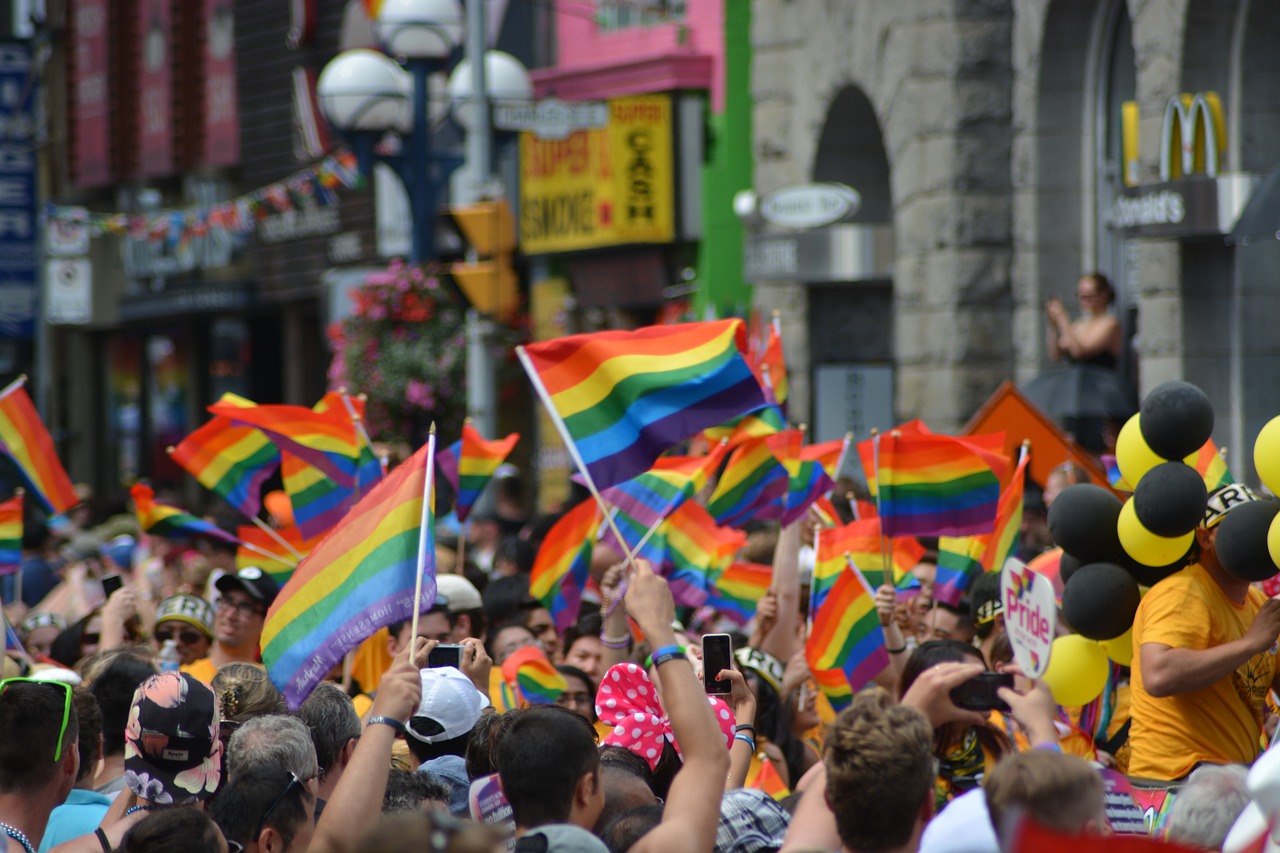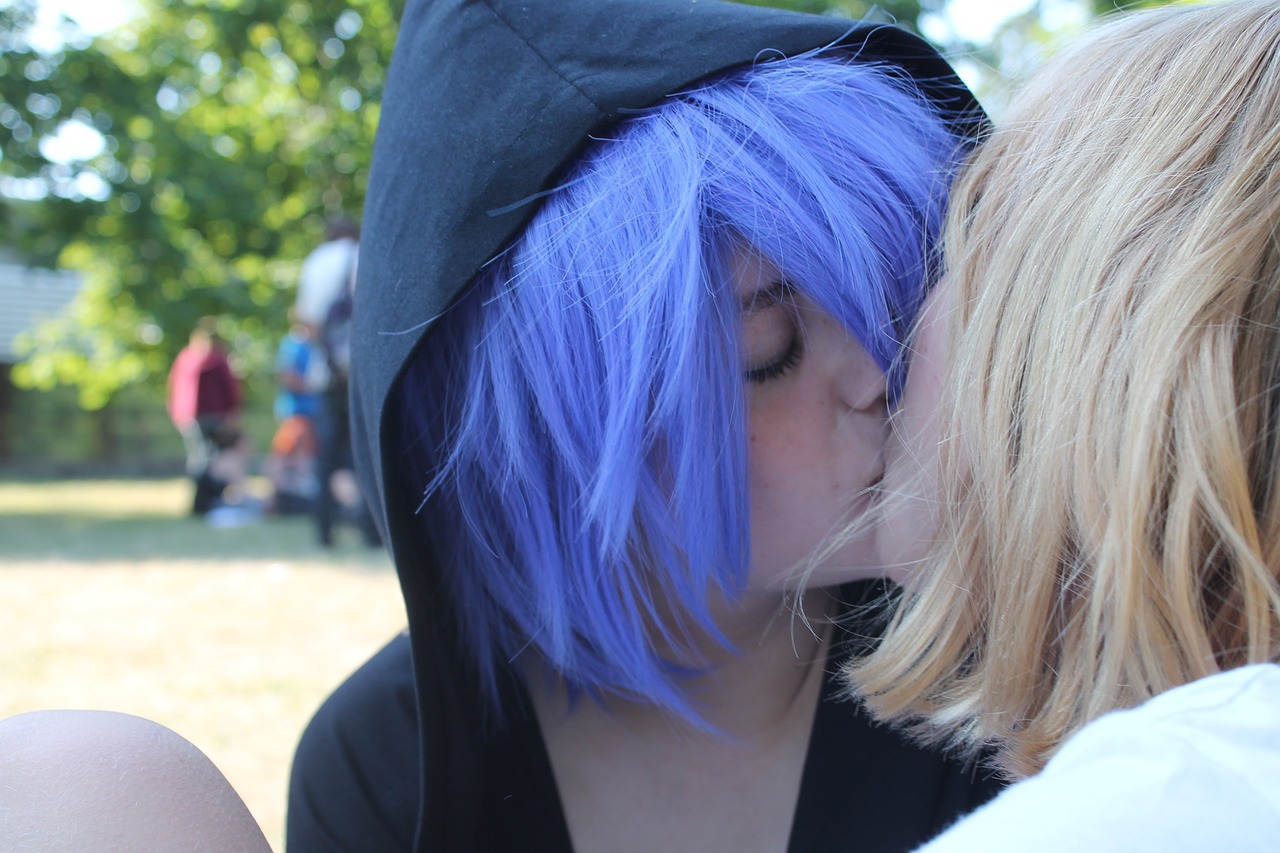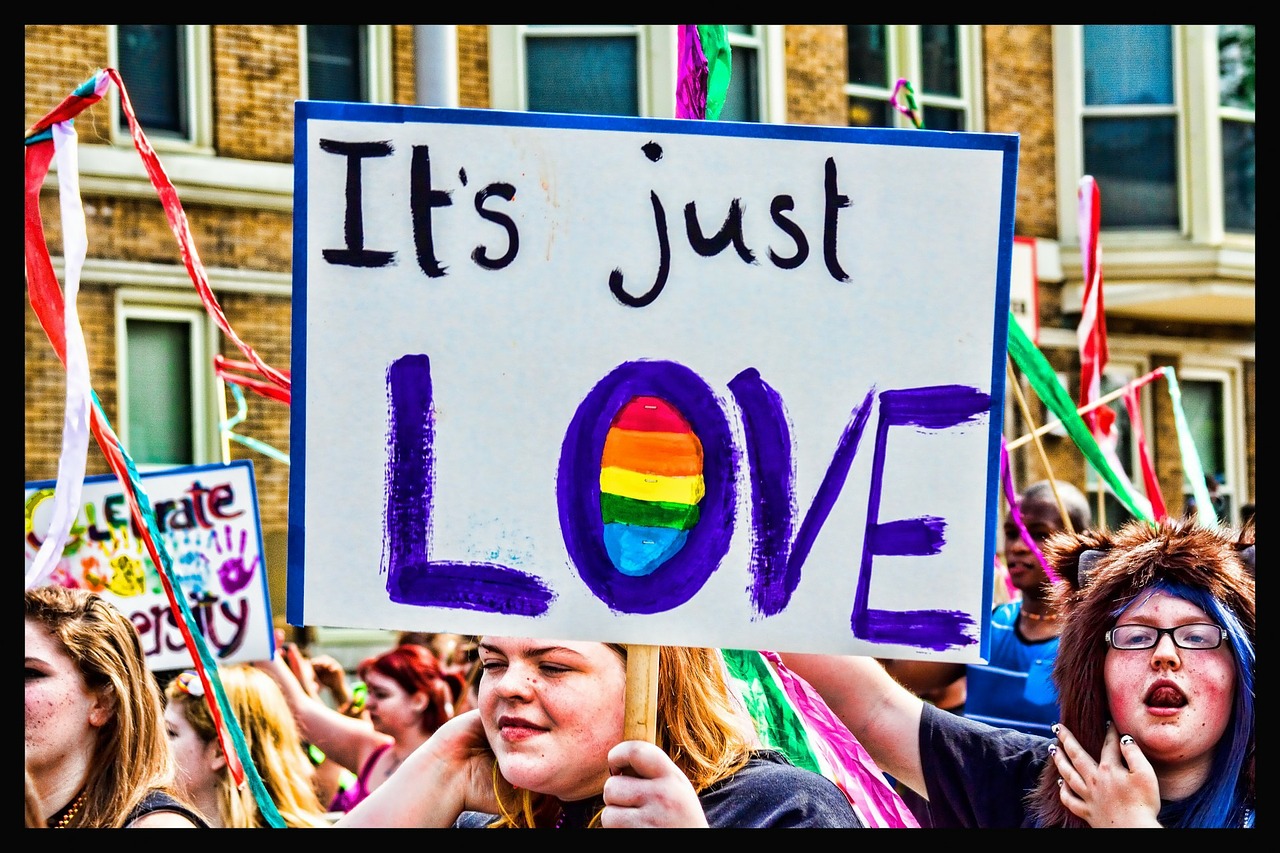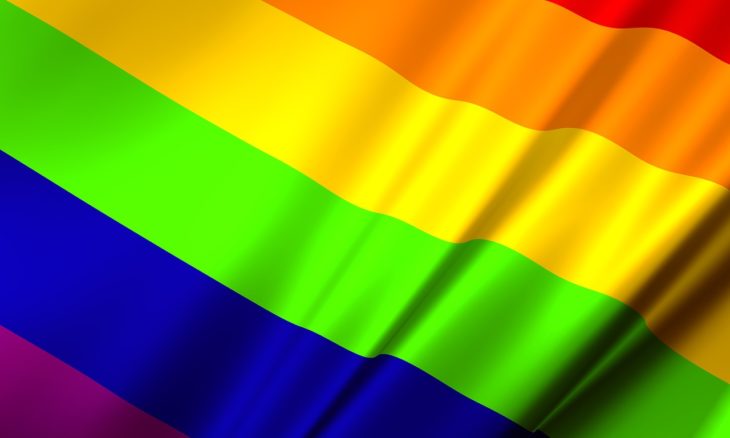Pride week in Malta has come and gone. Unless you’ve been living under a rock as of late (or have no access to television or social media, which isn’t really the case if you’re reading this article), you’ve surely seen the abundance of rainbows flags, parties and parades, and smiling happy faces celebrating diversity and acceptance of people of various sexual orientations on our little island home.
In Malta, the rights of the LGBTIQ community (standing for lesbian, gay, bisexual, transgender/transsexual, intersex and queer/questioning) are of the highest standard in Europe, according to the United Nations. Considering that homosexuality had only been made legal in 1973 – and same-sex marriage only so since 2017 – Malta has come a long way with regards to such freedoms, and should certainly be proud to boast its achievements in relation to this topic. Which may lead to you asking yourself “if we are the trailblazers for LGBTIQ rights, why the need for the annual Gay Pride Parade?”
If you’ve ever asked yourself that question, hopefully the intention is genuine curiosity with the urge to educate yourself rather than coming from a place of deep-seated bigotry and/or homophobia. Because whilst persons from the LGBTIQ community certainly are enjoying liberties and rights previously not afforded to them (and which, quite frankly, the rest of us have always taken for granted), there is also another side to this story.
Picture this; it is 1969 in the U.S., way before smartphones, the Internet, and where you being you was actually against the law, punishable by prison time. Aside from this ‘inconvenience’ of being sent to jail, you being you was also seen as a psychiatric disorder, listed in the Diagnostic and Statistical Manual all the way until 1974. You’re at a bar where you and your friends can finally let your hair down and be your true selves, when the police come storming in, and attempt to arrest you. All for being who you are. You’ve had enough of all the injustice and prejudice which have long been shown towards you and your community, and finally decide to take a stand for yourself, and fight back.

The Stonewall riots are seen historically as the catalyst for the modern gay rights movement, which saw gay rights movements formed in the months following the riots, and eventually the first-ever Gay Pride Parade in the United States in 1970. Keeping in mind the social prejudice and potential legal consequences at the time, these acts were not only ground-breaking, but also immensely courageous, and it is not an exaggeration to state that current LGBTIQ rights would probably never have been implemented without the persistence and bravery these groups showed all those years back.
Whilst much of Western civilization now enjoys equality regardless of sexual orientation, let us not forget that this is not the case everywhere. At time of writing, homosexual acts are illegal in 72 countries, with 14 countries/jurisdictions still having the death penalty in place for anybody found guilty of the ‘crime’ of homosexuality.
Even in countries where being gay is legal, crimes against the LGBTIQ community are still in our midst. You may have read about the attack on a gay couple on a London bus earlier this year, where four youths (aged between 15 to 18) beat a lesbian couple after goading them on to kiss in front of them – photos of their bruised and bloodied faces made the rounds on various social media platforms. Or perhaps you’ve come across the story of a local transgender woman who only weeks ago was punched in the face by a stranger, who also hurled derogatory homophobic slurs at her before assaulting her. Brandon Teena, the 2016 Pulse Nightclub shooting in Orlando, Matthew Shepard… the list of violence shown against this community is long, sad, and sobering.
You may think that such attacks are uncommon occurrences but try thinking about from where they might stem. Want to insult someone? Refer to the colourful vocabulary of homophobic remarks which are tossed about in everyday conversation, in English as well as Maltese. See a man wearing pink, or a woman with a buzzcut? Just to conclusions about their sexual orientation.

It’s the subtle, deeply ingrained notions in us which eventually fester and have the potential to become dangerous. And with the number of reports of violence on the LGBTIQ community doubling in the UK, it’s not too difficult to see why this sort of mentality needs to be nipped in the bud.
How about instead of passing judgement on the gender of a person certain people love, try practicing acceptance? At the end of the day, what does it matter to you, the reader, whom a group of people fall in love with? If happy and consenting individual choose to share their hearts with a person of the same sex as them, then so be it.
We live in a world which seems rife with hatred and intolerance. Love, regardless of the gender of those involved, is something which definitely should be celebrated, shared, and, above all, accepted.

MORE BY REBECCA…
https://ozuncut.com/construction-cars-and-all-that-jazz/
https://ozuncut.com/young-minds-vs-a-tech-obsessed-world/







